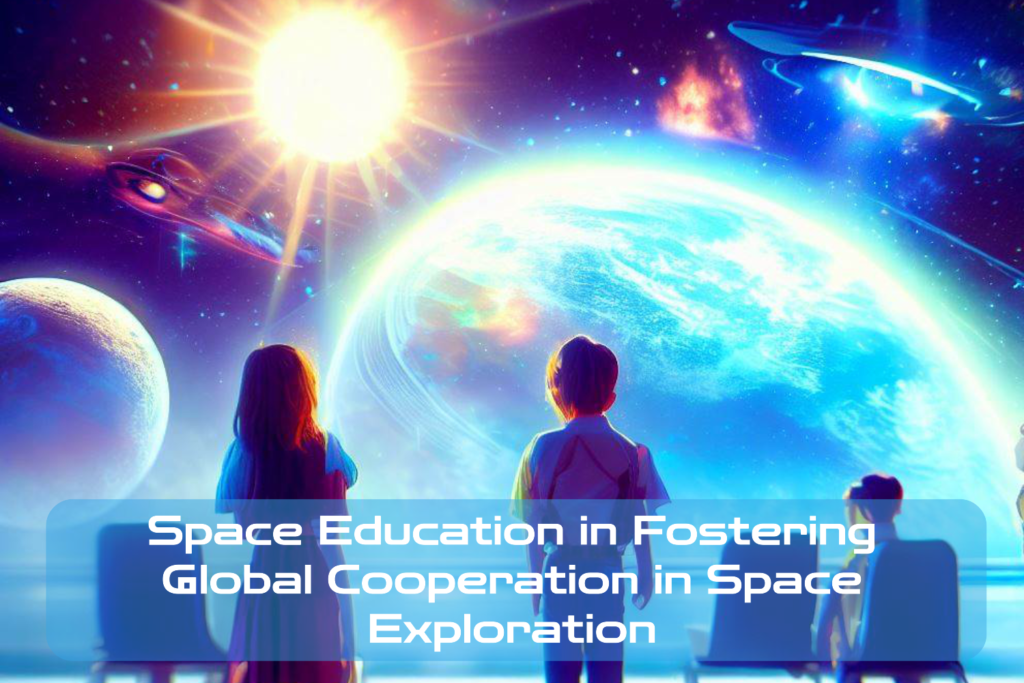The Final Frontier: Why Space Exploration Matters
Space exploration has captured the imaginations of people around the world for decades. From the first moon landing to the recent Mars Perseverance mission, space exploration has greatly contributed to our understanding of the universe and our place in it. It has also led to numerous technological advancements that have had a profound impact on our daily lives.
Without a doubt, space exploration is an important endeavour that deserves our attention and support.
However, space exploration is not just about discovering new planets or developing new technologies – it’s also about promoting global cooperation.
The challenges associated with space exploration are vast and complex, and no one nation can tackle them alone.
This is why international collaboration is essential for successful missions.
The Crucial Role of Space Education in Promoting Global Cooperation
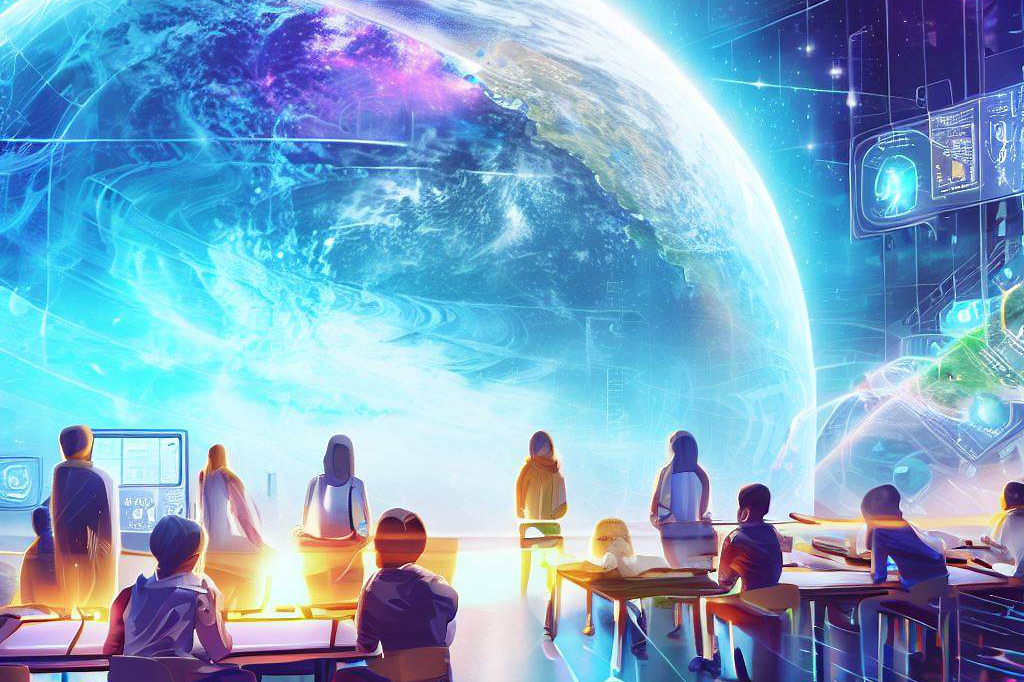
In order for international collaboration in space exploration to be successful, there needs to be a common understanding of the importance of such endeavors across different cultures and nations. This is where space education comes in.
By educating individuals about the significance of space exploration and fostering an interest in related fields, we can promote global cooperation, which is essential for successful missions.
Space education can inspire individuals to pursue careers in space-related fields such as engineering or astrophysics.
It can also provide students with opportunities to learn about different cultures and perspectives through collaborations on projects such as building satellites or conducting experiments on board the International Space Station.
In addition, by educating individuals about the importance of international collaboration in space exploration, we can foster a sense of shared purpose among people from different countries and backgrounds.
When we work together towards a common goal – exploring outer space – we can transcend political differences and promote peace through shared achievement.
These are just some of the ways that space education plays a crucial role in promoting global cooperation in space exploration.
The Benefits of Space Education

Starry-Eyed Inspiration
Space education is more than just learning about the cosmos.
It can also inspire and motivate students to pursue careers in space-related fields. When students learn about the various careers available in the space industry, they realize that there are a plethora of exciting opportunities available to them.
Space education can spark a passion for science, technology, engineering, and mathematics (STEM) that can last a lifetime.
Collaboration is Key
Space exploration has always been an international endeavor. No single country has all the resources or expertise required to explore space on its own. Thus, it is important that individuals understand the significance of international collaboration in this field.
Space education can play an important role in helping people understand why collaboration is crucial for exploring our universe effectively and efficiently. When students learn about different countries contributions to past space missions, they come to appreciate how working together leads to better outcomes – both scientifically and economically.
Furthermore, as we look toward future missions such as the exploration of Mars or even deep-space travel, it will require even greater levels of cooperation between countries with diverse interests and priorities. This means that individuals who have been educated on global cooperation will be better equipped to help facilitate successful partnerships between nations.
The Future Workforce
Another benefit of promoting space education is creating a strong future workforce for the space industry itself.
As we continue our exploration into outer space, it will be necessary to have skilled professionals who are capable of designing, building, and operating space-based technologies. The space industry already generates billions of dollars in revenue and provides many high-paying jobs.
By promoting space education at all levels, we can ensure that the workforce of the future is equipped with the necessary skills to take on this exciting field. This can ultimately lead to greater innovation and discoveries that will benefit society as a whole.
The Role of Global Cooperation in Space Exploration

An Overview of Current International Collaborations in Space Exploration
Space exploration has always been a subject of fascination for humankind. Over the years, many countries have taken up the challenge of exploring space, and some have even collaborated to achieve common goals.
One notable example is the International Space Station (ISS), which is a long-term collaboration between five space agencies:
- NASA,
- Roscosmos (Russia),
- JAXA (Japan),
- ESA (Europe),
- and CSA (Canada).
The ISS was launched in 1998 and has since then served as a platform for research and discovery beyond our planet.
The success of the ISS collaboration demonstrates that international cooperation can lead to great achievements in space exploration. There are also ongoing collaborations between countries such as China and Russia for lunar exploration missions.
It is important to note that these collaborations involve not only sharing resources but also knowledge and expertise. Such collaborations facilitate learning from different perspectives and approaches, which can lead to better results.
How Global Cooperation Can Lead to More Efficient and Effective Missions, as well as Cost Savings
Collaboration in space exploration can lead to more efficient missions, with each partner contributing their specific expertise toward achieving common goals. This shared knowledge pool allows each agency involved to develop new technologies or methods that may not have been possible alone.
For example, when NASA collaborated with Russia’s Roscosmos on the Apollo-Soyuz Test Project in 1975, both agencies learned from each other’s engineering practices.
In addition to efficiency gains, global cooperation helps reduce costs by sharing expenses among participating agencies. With limited funding available for space exploration projects, the international partnership makes it possible for multiple stakeholders to contribute funding towards a particular mission or project – this allows for larger projects than any one nation could accomplish alone.
Moreover, by pooling resources together, there is less redundancy; for example, multiple countries do not need to develop launch vehicles or space probes individually. This shared approach can help avoid unnecessary duplication of effort and costs.
Through working together across borders, we can achieve great things that would be impossible alone!
Challenges to Global Cooperation in Space Exploration
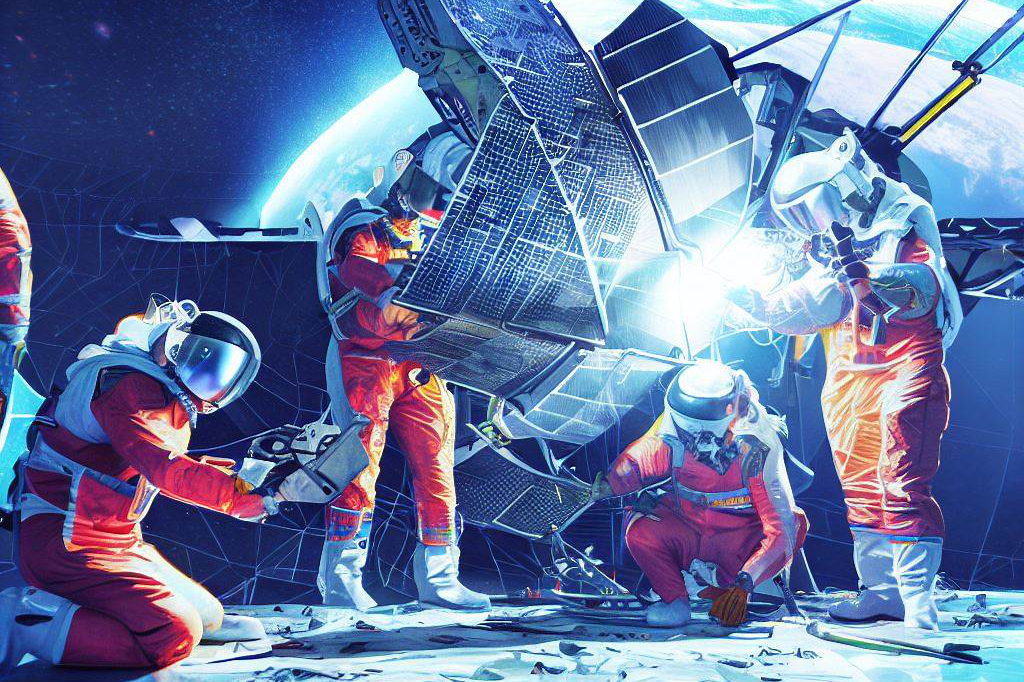
The Politics of Space
One of the most significant challenges to global cooperation in space exploration is political tension between countries. Governments must navigate diplomatic relationships and national interests when it comes to space exploration initiatives, which can be complicated by geopolitical disputes.
For example, strained relations between Russia and the US in recent years have led to a decrease in joint missions, despite their longstanding partnership on the International Space Station.
However, these challenges can be overcome through increased communication and collaboration.
The sharing of knowledge and resources can help alleviate tensions and promote understanding between nations. Encouraging dialogue between governments, scientists, engineers, and other stakeholders is essential for building trust and promoting cooperation.
Differing Priorities
Another challenge to global cooperation in space exploration comes from differing priorities among nations.
For example, some countries may prioritize manned missions or scientific research while others prioritize commercial opportunities or military applications.
These differences can create competing interests that make collaboration more difficult.
To overcome these challenges, all countries must work together towards a common goal that benefits everyone involved. This requires open communication and compromise on priorities so that all parties feel invested in the success of each mission.
Costs and Resources
There are significant costs associated with space exploration initiatives that can limit access for some nations. Some countries may lack the financial resources or technical expertise needed to conduct their own missions or contribute significantly to international efforts.
To address this challenge, wealthier nations should consider investing more resources in collaborative initiatives that benefit all parties involved.
Additionally, open access to information and technology could help level the playing field for less developed nations.
The Apollo-Soyuz Test Project
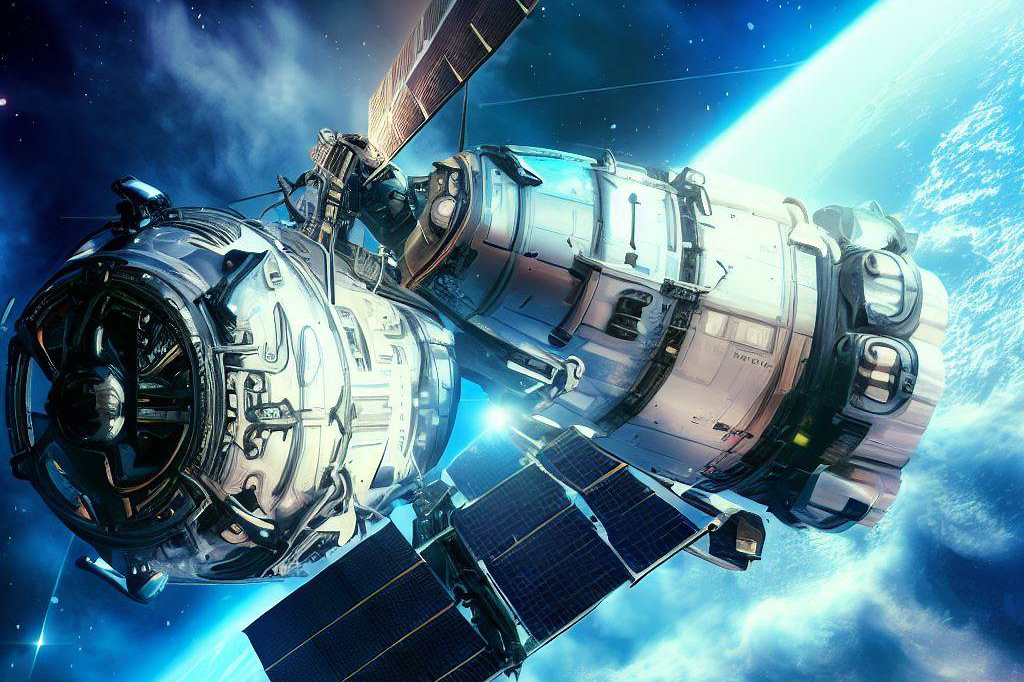
How a Joint Mission Paved the Way for International Collaboration in Space
The Apollo-Soyuz Test Project marked a significant milestone in space exploration history as the first joint mission between two superpowers: the United States and the Soviet Union.
The mission took place in July 1975, during a period of Cold War tensions between the two nations.
However, despite their political differences, both countries recognized the importance of international collaboration in space exploration.
The mission involved docking an American spacecraft (Apollo) with a Soviet spacecraft (Soyuz), marking the first time that spacecraft from different nations had docked in space.
The crews conducted joint scientific experiments and exchanged gifts, symbols of goodwill that helped to ease tensions between their respective countries.
One significant outcome of this joint mission was its contribution to paving the way for future collaborations between nations.
It demonstrated that even during times of political tension, it is possible to work together towards common goals and shared interests – such as advancing human knowledge through space exploration. This achievement also laid the groundwork for future international cooperation efforts in space.
Final Thoughts
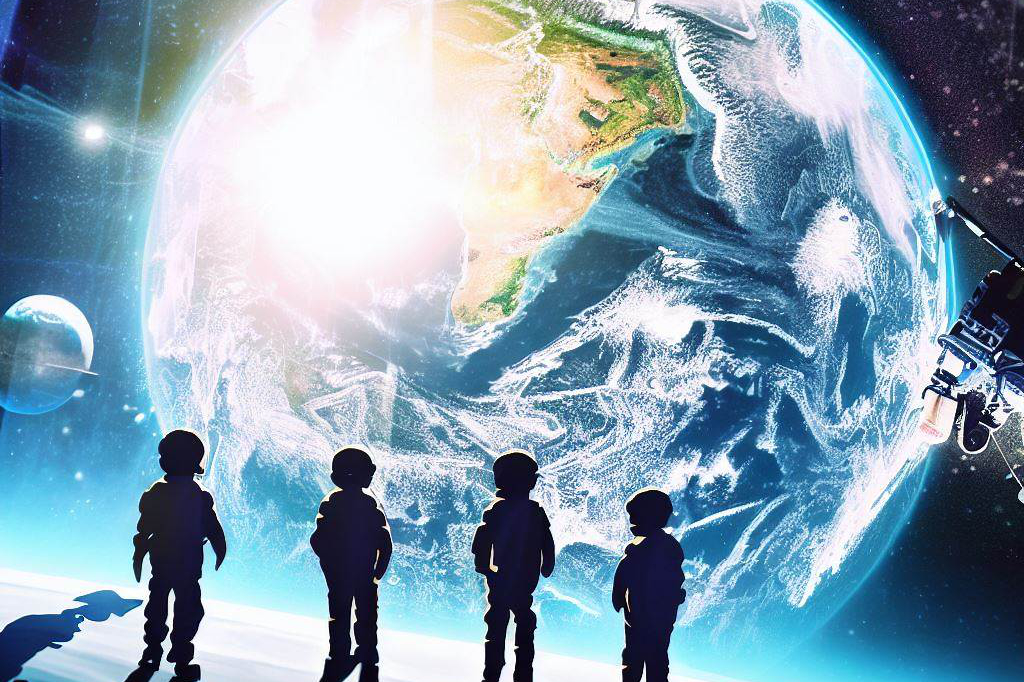
It is clear that space education plays a vital role in promoting global cooperation in space exploration. As more countries invest resources into exploring our universe, it becomes increasingly important that we work together towards common goals.
Through education initiatives aimed at inspiring students to become involved with cutting-edge technology and scientific research, we plant seeds that will eventually bear fruit in terms of real-world advancements.
But it’s not just about inspiring students – it’s about teaching them the importance of collaboration across borders. By fostering an understanding that no one country or organization has all the answers or resources necessary for successful missions, we lay the foundation for future partnerships that could lead us beyond our own planet.
As we continue to push boundaries and ask new questions about our universe, let us remember that it takes a team effort to achieve great things. By investing in space education programs today, we are laying a foundation for tomorrow’s pioneering explorers – individuals who will work together to expand our knowledge of the universe and take humanity to new heights.

C M, a seasoned editor, journalist, and consultant, is deeply fascinated by the convergence of technology, space, and the future of humanity.
With a particular interest in transhumanity, futurology, and the philosophical and ethical dimensions of these domains, C M serves as the lead contributor to SpaceSpotlight and TranscendSphere.
When not penning insightful articles on these rapidly evolving fields, C M indulges in their love for podcasts and books, proudly embracing their status as a ‘Happy Nerd Extraordinaire!’
